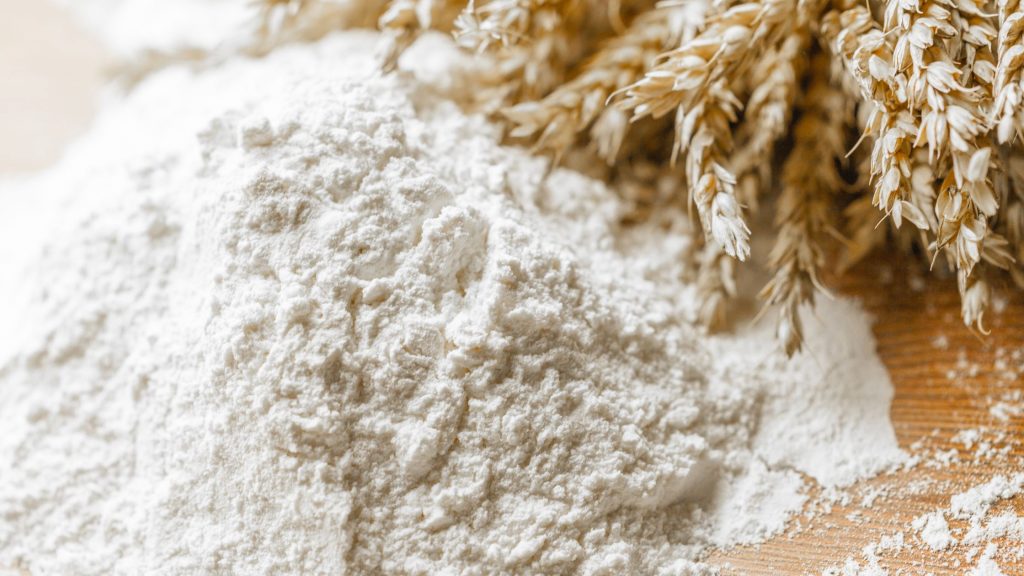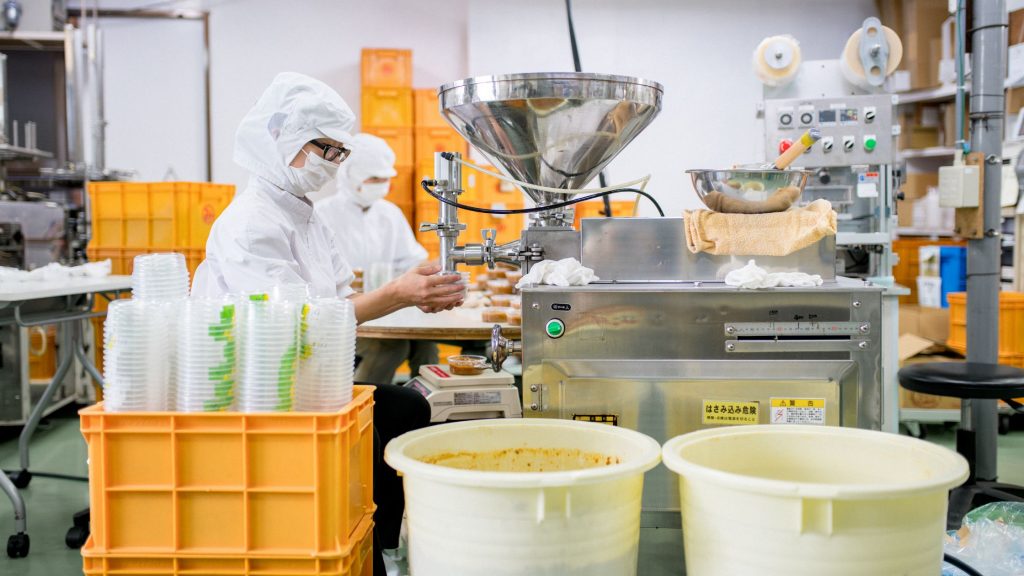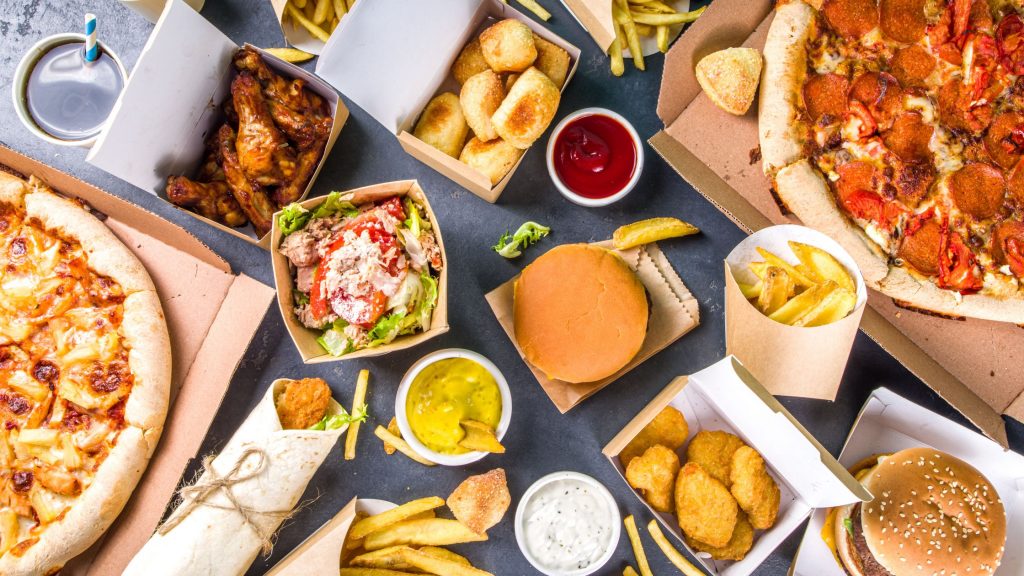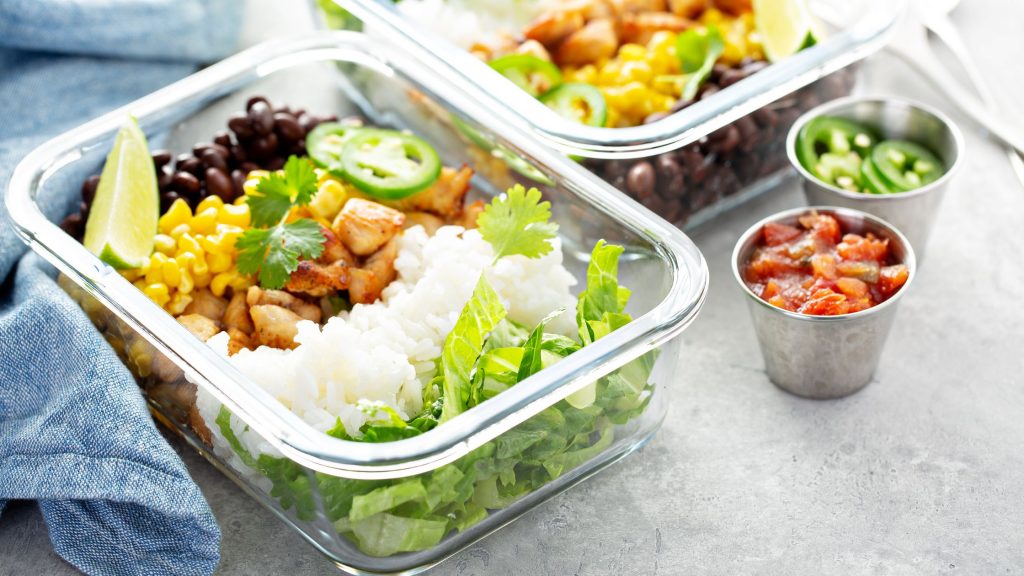Certain foods cause your body to lose its metabolic power by spiking blood sugar, raising levels of unhealthy cholesterol and triglycerides or adding too many calories that have no nutritional value for your body.
On top of that, certain foods, because they contain additives, artificial sugars, flavourings, and colourants, contribute to inflammation in the body.
You must understand that metabolic health is about long-term trends, not just single meals, because your body can deal with the occasional fast food, takeaway, or sugar-rich dessert.
The long-term approach to your eating style makes your body metabolically healthy and flexible. Once again, the consistency of healthy choices will give you the results you want to achieve with your weight loss goals, energy levels, and body shape.
And, although a successful diet/eating style is never a one-size-fits-all approach, there are some foods which are universally unhelpful for any of us who want to keep our metabolism healthy and our waistline under control and avoid the perimenopause and menopause bulge around our belly area.
How to decrease belly fat was among the top three topics that my community of ladies belonging to the “Weight loss, great energy and more focus” FB community voted for me to discuss.
And virtually no client of mine hasn’t got the need and desire to decrease the fat that accumulates around the abdomen, especially in our 40s and beyond.
In this blog, I will start discussing the top 5 foods, the five categories of foods that significantly contribute to metabolic chaos and fat deposition. These five categories of foods are some of the foods that I eliminate from my short two-week detox and reboot programmes, which always give excellent results to the participants.
By eliminating these five categories, your metabolic power is boosted immediately and can turn around in as little as two weeks.
Let’s start with #1

#1- ADDED SUGAR
I am sure it is no surprise to you that the continuous consumption of sugar hinders your metabolic power and contributes to systemic inflammation in the body. There is so much research on the direct correlation between high sugar consumption and inflammation.
Consuming sucrose (table sugar) and fructose, found in many pre-packaged foods and candy, increases insulin resistance and deposition of fat around your liver.
In the UK, the average daily sugar intake amongst women between 19 and 64 is 44g per day!!! The UK recommended maximum amount of sugar per day for adults is 30g, which still needs to be lowered ( by a lot!) for metabolic health and long-term health.
Added sugar from the diet of many people comes from drinks, soda, sports, energising drinks, coffees, teas, sweets and desserts. These are the most identifiable culprits. However, there are many foods that you would not suspect to contain sugar, such as salad dressing, sauces, condiments, bread, sausages, sandwiches, energy bars, and yoghurt.
How do you avoid it?
- Become a label detector; choose foods with five ingredients or less (naturally, no sugar in that list ) or even better, buy food without a label!
- You can start keeping a sugar diary, see how much sugar is in your chosen products, and start building awareness around that.

# 2 – WHITE WHEAT FLOUR
This type of flour is a refined product obtained by removing the outer layer of the wheat grain. Whole grains and wholegrain food products contain all the essential parts and naturally occurring nutrients of the entire grain seed in their original proportions (they contain fibre and their intrinsic nutrients, vitamins and minerals).
If the grain has been processed (e.g., cracked, crushed, rolled, extruded, and/or cooked), the derived food product does not deliver the same rich balance of nutrients in the original grain seed.
All you have left is the endosperm of the wheat grain, which is nothing else than a readily digestible source of simple sugars which will spike your blood sugar levels and initiate a high amount of insulin release.
These processes will instruct your body to store all that excessive and quick release of sugar in your bloodstream as fat in your liver and abdominal cavity, which equals belly fat!
How to avoid it?
- The first easy step is to substitute white flour (and the products made with it, i.e., bread, pasta, crackers, cakes, biscuits etc.) with wholegrain flour. Although still not optimal, this is a positive step. However, if you want to avoid that sugar release, you can look at different types of flour, such as almond flour, coconut flour, spelt flour and chickpea flour. However, chickpea flour can still cause a spike in blood sugar in some people.
- Instead of pasta, use spiralised zucchini or squash or look for chickpea pasta or konjac noodles.

# 3 ULTRA-PROCESSED FOOD
Over half of the energy an average person in the UK eats and drinks comes from ultra-processed foods. That’s perhaps not surprising as they can be convenient and appealing and are heavily marketed to us. However, researchers have shown that ultra-processed foods can impact our health. So, what are ultra-processed foods, and how can we avoid them?
Ultra-processed foods typically have five or more ingredients. They include many additives and ingredients not used in home cooking, such as preservatives, emulsifiers, sweeteners, and artificial colours and flavours. These foods generally have a long shelf life.
A list of commonly consumed ultra-processed foods includes:
Ice cream, ham, sausages, hot dogs, processed red meats, crisps, mass-produced bread, breakfast cereals, biscuits, carbonated drinks, fruit-flavoured yoghurts, instant soups, and some alcoholic drinks, including whisky, gin, and rum.
They contain high levels of unhealthy trans fats, salt and sugar; when we eat them, we leave less room in our diets for more nutritious foods. Plus, the additives that extend their shelf life and enhance their favour are also responsible for adverse health effects.
How to avoid them?
- There is no way around here but just for me to say: don’t buy them!
- When you do your shopping, if you cannot buy everything fresh because you may shop once a week only, still try your best to choose minimally processed foods such as frozen vegetables and fruit, canned beans and pulses, canned fish, nuts and seeds.
- If you buy frozen meals, look for those with fewer ingredients, no added sugar and no partially- hydrogenated fats (which is another way to disguise the very unhealthy transfats), and less than 600mg of sodium and lots of veggies. Be label savvy!

# 4 VEGETABLE OILS AND REFINED SEED OILS
Many of these oils are very high in omega-6 fats, which are pro-inflammatory and, when consumed in high quantities and not in balance with the omega-3, can lead to insulin resistance and metabolic dysfunction, which you have guessed by now means more weight, more fat around the belly, less energy!
Some studies also show that high amounts of omega-6 in our diets contribute to increased feelings of hunger by stimulating our appetite (primarily the omega-6 called linoleic acid).
Oils very high in linoleic acid (more than 20%) include:
Safflower oil, grapeseed oil, sunflower oil, corn oil, soybean oil, sesame seed oil, peanut oil and rapeseed oil.
While you can still use these oils in small amounts as part of a homemade condiment or dressing, they should never be heated at high temperatures because they are chemically delicate and will quickly turn into trans fats.
How to avoid them:
- Swap those oils for more stable fats for cooking, such as olive oil for temperatures up to 180c, coconut oil or ghee.
- I have a comprehensive guide on the best and healthiest oils/fats you can use for cooking and those more suitable for dressing. Let me know if you wish to receive it by leaving a comment or send an email to monica@everydaynutrition.co.uk
- Check the labels of pre-packaged foods ( again, the importance of becoming a label detector ) and be aware that if any of those oils I have listed earlier are in that food, they have been spoilt by high cooking temperatures and become very unhealthy.
You will avoid many of these unhealthy fats by avoiding ultra-processed foods in general.
By the way, you need to be aware that apart from the metabolic negative consequences of more weight, more fat and less energy, spoilt omega-6 fats are one of the leading diet factors implicated in the development of cardiovascular disease!

# 5 FAST FOOD
Not a surprise, I am sure.
Most fast foods are ultra-processed, loaded with refined flour, salts, unhealthy fats, sugar, additives, flavour enhancers, colourants and engineered to be addictive. That is why it is so difficult to break up from them because they are meant to be addictive!
Fast food consumption has been correlated in many studies, particularly to abdominal fat! Once again, it is no surprise if you think that they are high in empty calories, highly processed, containing high amounts of sugars and trans fats, their portion size is generally huge (and cheap, which also makes them attractive), and they lack fibre.
How to avoid them?
- If you rely on fast food because you are very busy during the day and work away from home, there is no way around here but to start meal planning and meal prepping on those days when you do have some free time.
- Avoiding the route in or out of your place of work /study/school where your favourite fast-food spot is will also help you reduce temptation – if it stays out of your sight, it will stay out of your mouth!
- Do not let yourself get so hungry that when you are out and about, your body screams at you for some quick fix.
- Map your environment (where you live and work) and identify the places that offer healthier, ready-to-eat alternatives for your lunch/dinner.
- Always carry with you some healthy reserves such as some nuts and seeds, an apple, or a pear, something that you can easily carry with you in your handbag that can help you to resist the impulse to quickly fix cravings, hunger and that buy you some time to access some healthier alternative to the fast-food choices.

HELP IS AT HAND
I know that it can be challenging to wean off these foods as not only they are they addictive, but they also can be part of our eating history.
Having been brought up in Italy, pasta and bread were so much part of my upbringing and culinary background. But the moment I decided to take them away (for the majority) from my diet, I had an immediate shift in energy and clarity. And I wasn’t feeling bloated, and my belly fat was reduced.
Fast foods and ultra-processed food were never appealing, but when I moved to the UK, I was working full-time, had a baby and communing in central London; I must admit it was becoming very challenging to avoid falling into the trap of easy fast food.
But the way these types of foods made me feel and look (my psoriasis flared up, my waist expanded, my skin was dull, and my energy on the floor) was more than enough to motivate me to make a conscious effort to invest some of my free time in planning and prepping for my week ahead.
I hope you will, too, so you can feel and see that difference in your body.
The good news is that I can help you with that.
In the next few weeks, I will be offering training on how to meal prep for a flatter belly and great energy. My Tuesday Training Series is available in my community: “Weight Loss, Great Energy and More Focus”. If you are not a member yet, CLICK HERE to join. It is fabulous, and it is FREE.
Stay tuned, and if you want the guide on the best oils to use for cooking and dressing, leave a comment below.
With love, energy, and care

References:
- “Effect of diet on metabolic health.” Journal of Metabolic Health, 2020.
- “Sugar’s role in systemic inflammation.” Journal of Nutrition and Food Sciences, 2018.
- Public Health England, “Sugar reduction: Achieving the 20%”.
- “White flour and metabolic disruption.” Journal of Endocrinology and Metabolism, 2017.
- “Processed foods and health.” The Lancet Public Health, 2018.
- “Omega-6 fatty acids and insulin resistance.” Journal of Clinical Investigation, 2015.
- “Fast food consumption and its impact on metabolic health.” The American Journal of Medicine, 2020.





0 Comments